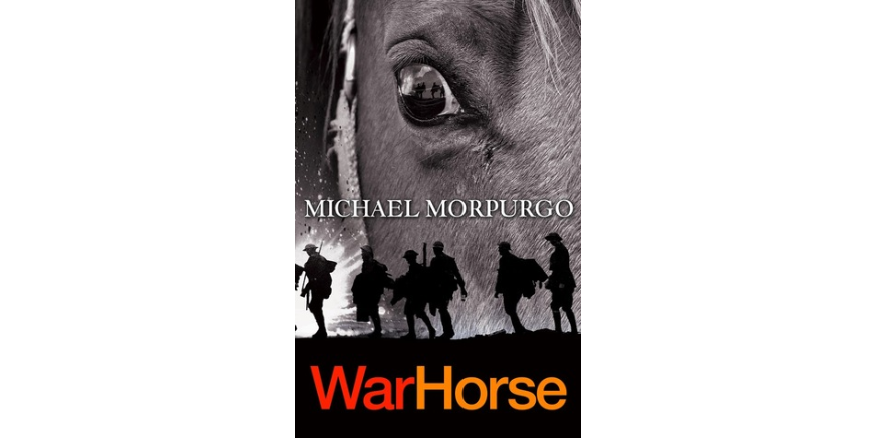#NVHOW20 Introducing Francesca Hooft @FrancescaHooft @UtrechtUni ‘Hippocrates under arms: adaptation, cooperation, and agency’ - the experiences and agency of Dutch military medical personnel in post 1990 peace, combat, and humanitarian missions #oralhistory #UNpeacekeeping
1 #NVHOW20 Good afternoon! My name is Francesca Hooft and I’m a PhD candidate @UniUtrecht. I research the changing role of military medical personnel within the Dutch armed forces in deployments between 1990 and 2010, focussing on physicians’ and nurses’ personal experiences. 

2 #NVHOW20 The position of medical personnel within the armed forces has always been considered ambiguous and problematic. The military demands a high level of obedience and loyalty. Hierarchy may impede agency to act according to medical professional values and standards.
3 #NVHOW20 Furthermore, the role of medical personnel during deployments changed from mission enabling to mission achieving. Medical care served goals beyond caring for the troops, such as gaining situational awareness, hearts & minds, and advising on local healthcare projects. 

4 #NVHOW20 My work is mostly based on semi-structured interviews with Dutch military medical personnel on their deployment experiences. Oral history makes the complexity of warzones, opposing values and priorities, military hierarchy, and organisational culture tangible. 

5 #NVHOW20 My research demonstrates that past deployments undeniably encompassed practical and ethical dilemmas for medical professionals, for example due to situational factors like scarcity of personnel and resources, local misery and lack of healthcare facilities, or danger. 

6 #NVHOW20 Military physicians and nurses had to navigate the military organisational culture carefully. Beyond situational factors, they had to deal with organisational factors, such as hierarchy and military operational necessity, keeping in sight their Hippocratic oath. 

7 #NVHOW20 In times of crisis, medical choices regularly had to be based on non-medical grounds. Although medical care for Dutch troops sufficed, possibilities for medical care to others, such as local civilians, would often be limited in quantity or quality.
8 #NVHOW20 Although crisis situations impeded unlimited medical care, physicians and nurses found ways to navigate both situational and organisation issues and (re)claimed their agency as medical professionals. They found creative options to provide and continue medical care.
9 #NVHOW20 With exceptions, many found their military commanders flexible to find proper solutions, either for a genuine sense of responsibility or for the positive outcomes it could provide for operational goals, such as goodwill, hearts & minds, or reconstruction projects.
10 #NVHOW20 Although guidelines could be vague, most physicians and nurses did not consider their role to be problematic. Despite experiencing ethically problematic situations, most found their identities as medical professionals strengthened during deployment. 

11 #NVHOW20 Besides problems surrounding scarcity, military necessity, and hierarchy, my analysis of discourse and emotions clearly also reveals a history of adaptability, comradeship, cooperation, and agency. 

12 #NVHOW20 By focussing on personal experiences, social interactions and emotions, I offer a new perspective that demonstrates that medical personnel’s position may indeed be ambiguous, but does not need to be problematic, depending on agency and flexibility. 

#NVHOW20 Feel free to ask me questions @FrancescaHooft
• • •
Missing some Tweet in this thread? You can try to
force a refresh












